According to ScienceNews, an experimental treatment for type 1 diabetes has just achieved promising results: After just one infusion of lab-grown pancreatic cells, the patient's body produces enough insulin without the need for external supplementation.
The study, published in the New England Journal of Medicine, found that after one year of treatment, 10 of the 12 participants no longer required supplemental insulin.
“This is a really important milestone,” said Giacomo Lanzoni, a diabetes researcher at the University of Miami. According to him, the method of creating these cells can be scaled up, opening up the prospect of restoring insulin production function for many patients around the world .
Type 1 diabetes is an autoimmune disease that causes the immune system to attack and destroy insulin-producing beta cells in the pancreas. Without insulin, sugar cannot enter cells to provide energy and remains in the blood, causing many dangerous complications.
For more than 100 years, patients have had to live with daily insulin injections, combined with blood glucose meters and automatic insulin pumps, but these methods have not been perfect, because blood sugar levels must be maintained within a narrow safe range.
The US Food and Drug Administration (FDA) recently approved a therapy that uses pancreatic cells from deceased donors to replace nonfunctional cells. However, this approach is limited by the scarcity of donor organs and the inconsistent quality of cells.
To overcome this problem, Vertex Pharmaceuticals has developed a process to grow clusters of pancreatic islet cells from human stem cells, using a combination of nutrients and special chemicals. These cells are not implanted directly into the pancreas but are infused intravenously to “settle” in the liver – a location that is considered very suitable.
In a small clinical trial of 14 patients, doctors infused hundreds of millions of cultured pancreatic islet cells, called zimislecel. Only after infusion did the cells begin to sense blood sugar levels and spontaneously produce insulin.
As a result, 10 of the 12 people who had been completely dependent on insulin were off the injections after a year. The remaining two reduced their insulin requirements by 70%.
“Being able to stop injecting insulin is an incredible achievement,” said Tom Donner, director of the Johns Hopkins Diabetes Center. Managing diabetes puts a huge psychological strain on patients, so reducing that burden is especially meaningful to them.
However, the therapy also comes with many side effects, mainly due to the immunosuppressive drugs that prevent the body from rejecting the new cells.
Among the side effects reported were diarrhea, headache, nausea, and COVID-19 infection. Notably, there were two deaths not directly related to the therapy: one due to surgical complications, the other due to pre-existing brain injury.
According to Mr. Lanzoni, using immunosuppressants is not easy because it increases the risk of infection and many other risks. He and many research groups are trying to find a treatment solution that does not require long-term use of these drugs.
Vertex has now expanded the trial to a total of 50 patients, nearly all of whom have received the treatment cells. The company expects to have final data to apply for approval of the therapy by 2026./.
(Vietnam+)
Source: https://www.vietnamplus.vn/dot-pha-phuong-phap-dieu-tri-tieu-duong-khong-can-tiem-insulin-post1047718.vnp





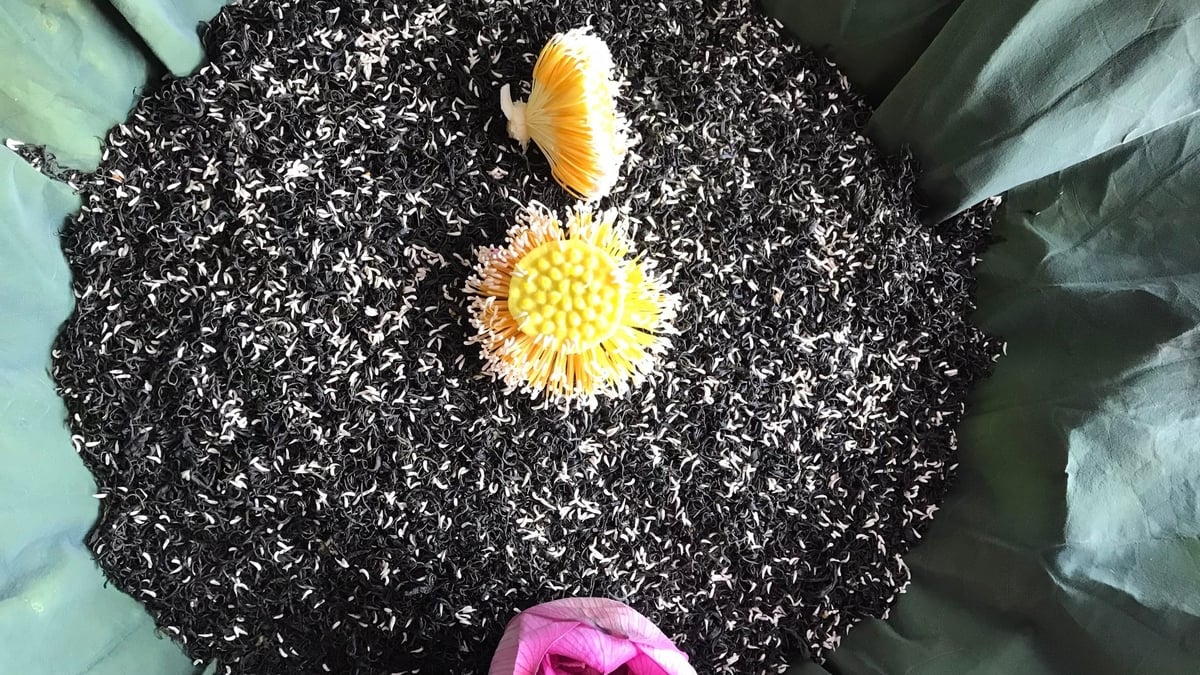


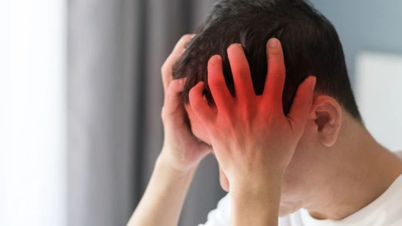



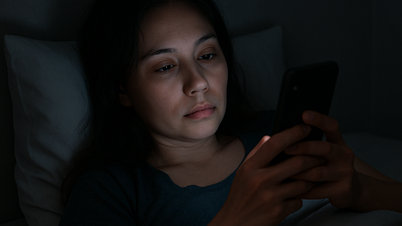
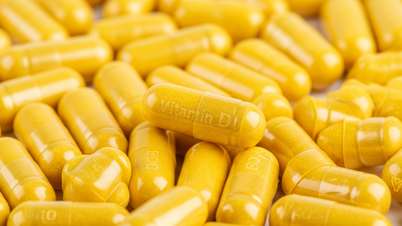
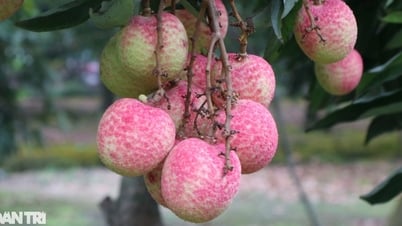





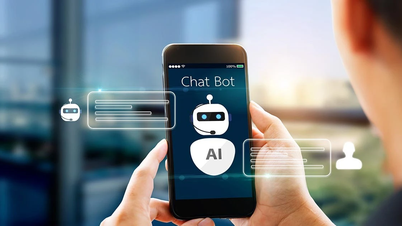








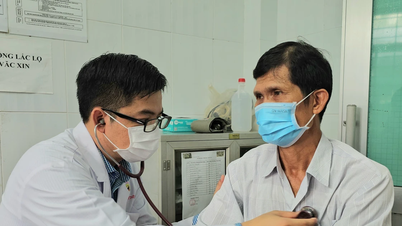


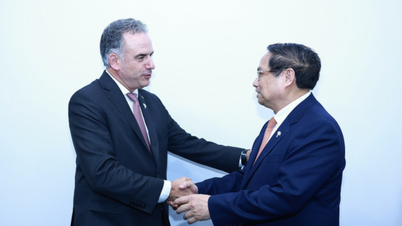










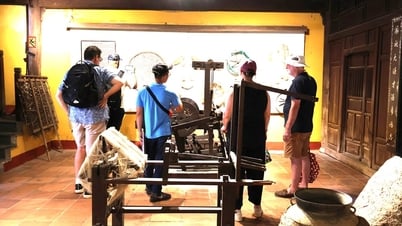





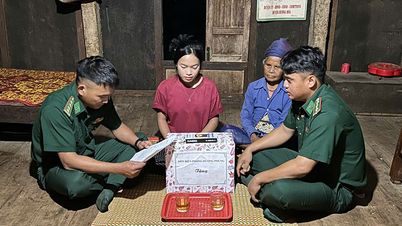












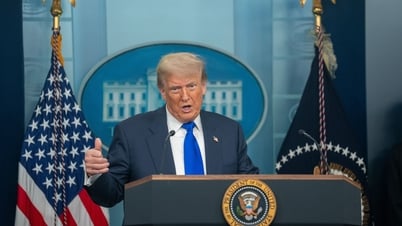

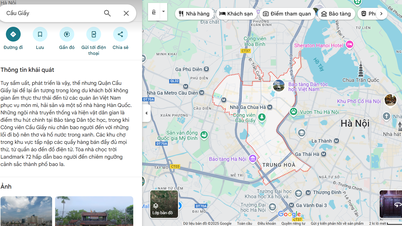
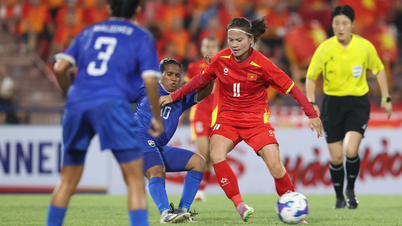










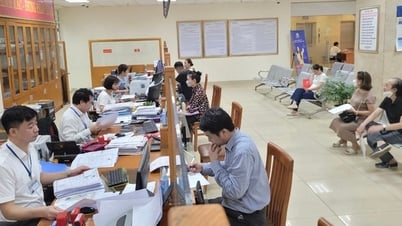
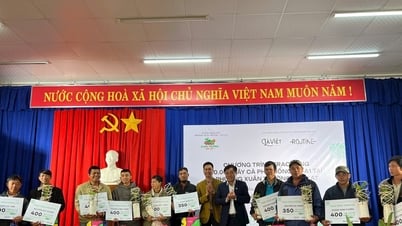

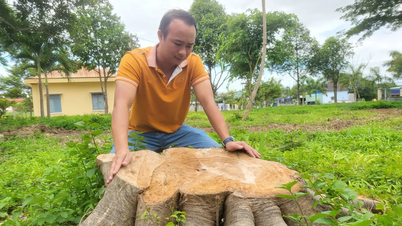


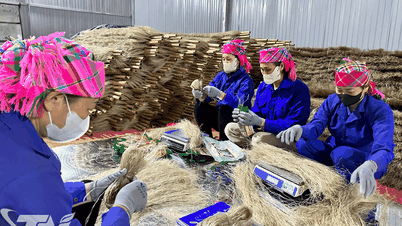



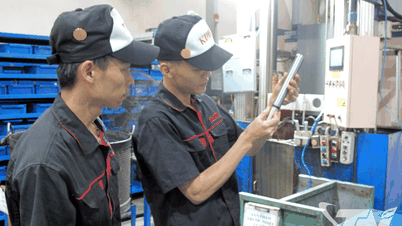













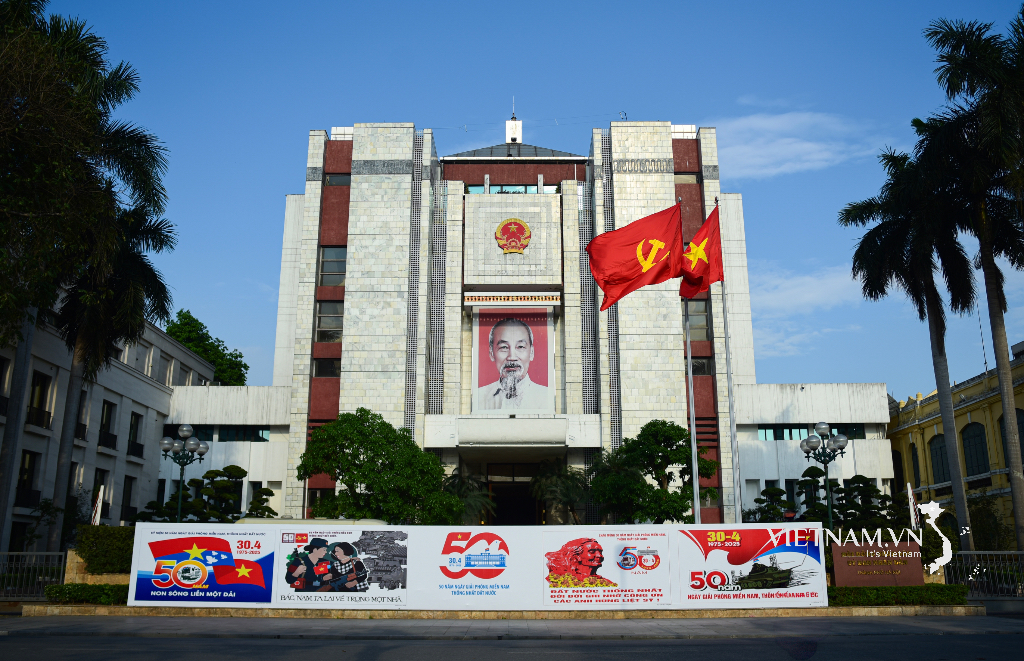


Comment (0)